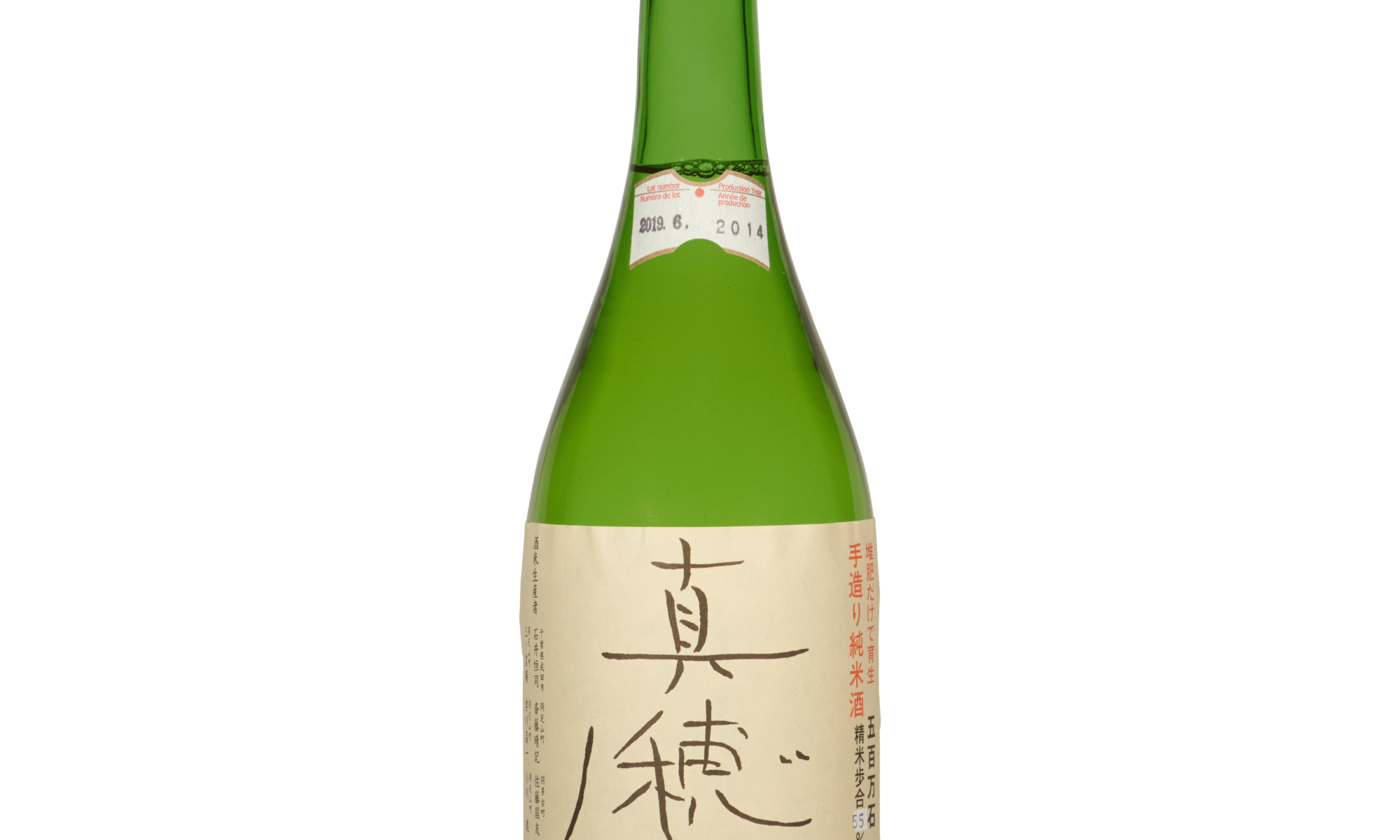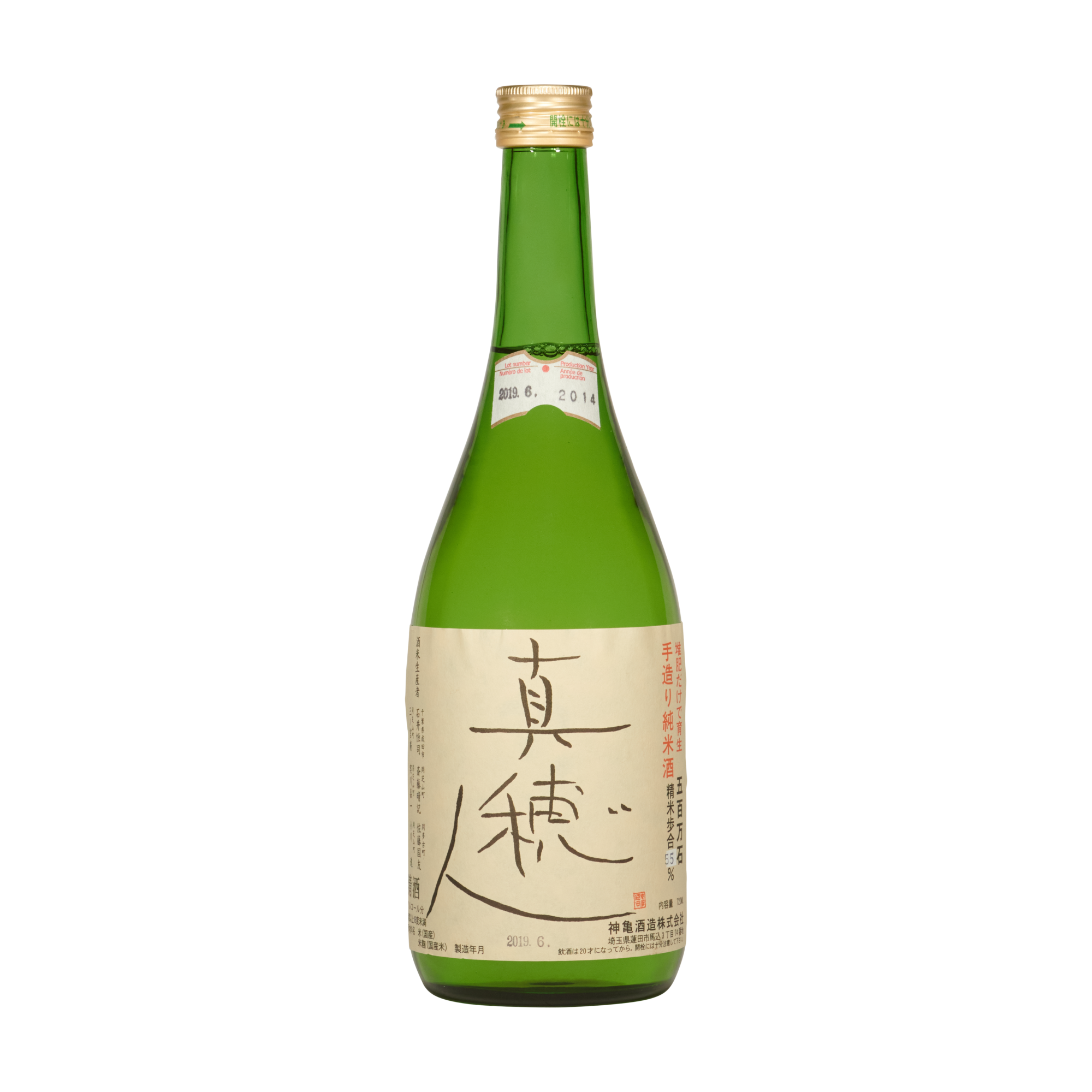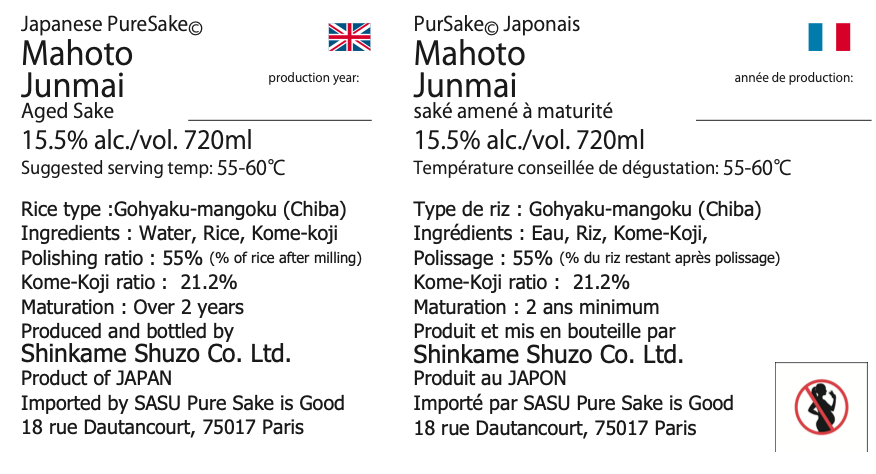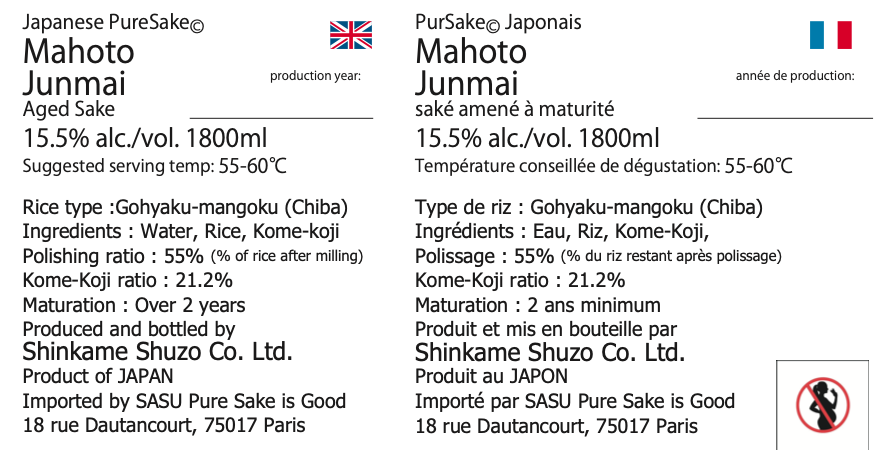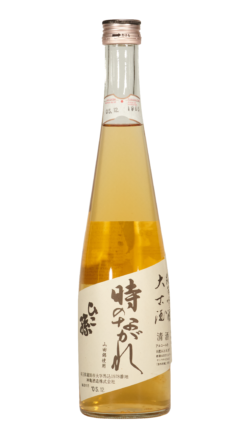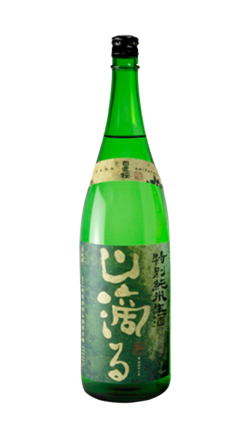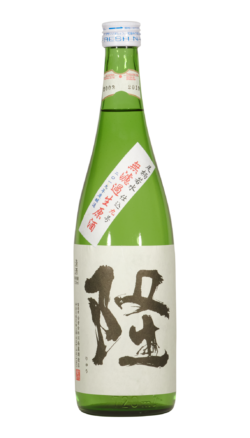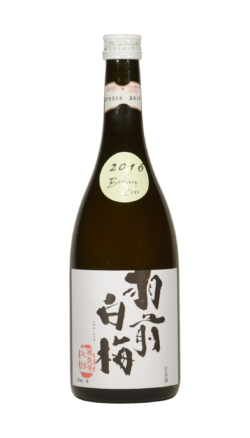| Weight | N/A |
|---|---|
| Sizes | N/A |
| Type of sake | |
| Brewery | Shinkame |
| Brassé par | |
| Prefecture | Saitama |
| Vintage | 2016, 2014, 2013, 2012, 2011, 2010 |
| Volume | 1.8l, 72cl, 30cl |
| Alcohol | 15.5% |
| Temperature | 55-60°C |
| Method | Sokujo moto |
| Junmai | Yes |
| Ingredients | Eau, Kome- Koji, Levures, Riz |
| Type of rice | Gohyaku-mangoku |
| Origin of rice | Chiba prefecture |
| Yeast | Kyugo n°9 |
| Komekoji | 21.2% |
| Cuisson | |
| Polishing | 55% |
| Reduction | Yes, quantity not communicated by the brewer |
| Filtration | Micro filtration papier |
| Maturation | 3 ans minimum |
| Press |
Mahoto Junmai
1.500,00 € – 3.400,00 €
| Mahoto means real rice from a real farmer. It is brewed from an organic rice called Gohyaku-mangoku grown in Narita giving it a robust body and a unique animal, forest, mushroom taste. At your first sip, the stoic nature of this sake shines through, evoking visions of a samurai with his resilience. Enjoy at a warm temperature with Western cuisine. |
Mahoto Junmai
1.500,00 € – 3.400,00 €Mahoto Junmai
Mahoto means real rice from a real farmer. It is brewed from an organic rice called Gohyaku-mangoku grown in Narita giving it a robust body and a unique animal, forest, mushroom taste. At your first sip, the stoic nature of this sake shines through, evoking visions of a samurai with his resilience. Enjoy at a warm temperature with Western cuisine.
Accords d’excellence
Informations sur la brasserie Shinkame
Established in 1848 in Saitama, the literal translation of the brewery's name is "holy turtle". Legend has it that many generations ago there was a shrine behind the brewery that celebrated the god of wisdom. A turtle lived there and was considered to be the messenger of this god.... more prosaically the turtle is an animal that lives very long, sometimes beyond the life of humans. It is a symbol of longevity.
After fighting for the revival of traditional sake since 1966, in 1987 Shinkame Brewery became the first brewery to produce only Junmai sake (pure rice sake)
It makes Kome-koji using the koji-buta method for all of its sake, which is the most labour-intensive and artisanal method of production. Some breweries use the kojibuta method only for their highest quality sake.
The brewery ages its sake for a minimum period of 2 to 3 years, even for its standard products. This ageing makes the sake smooth, complex and melts on the palate.

